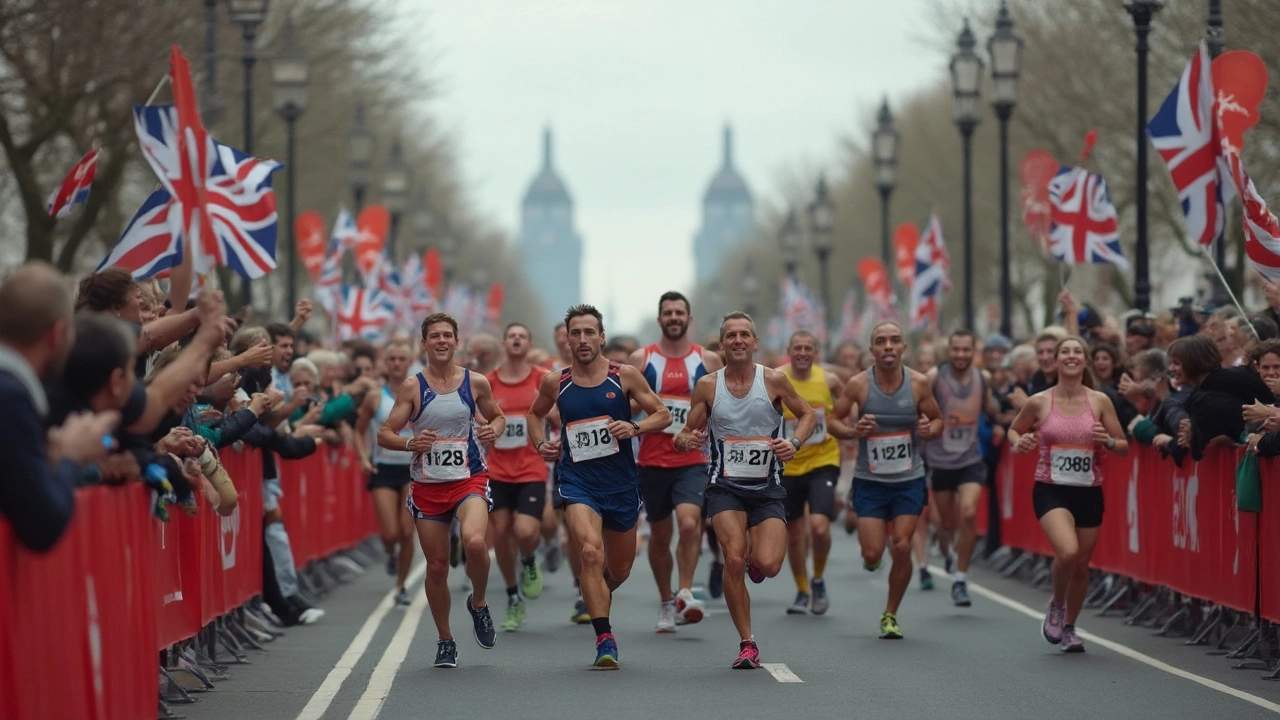Slow Marathon Time: What’s Holding You Back?
If you’ve ever crossed the finish line feeling like you could have been faster, you’re not alone. Many runners end up with a slow marathon time for reasons that go beyond just “bad luck.” Understanding the root causes can give you clear targets for improvement.
Common Reasons for a Slow Marathon Time
First off, pacing mistakes are a big factor. Starting too fast burns fuel early, leaving you exhausted in the later miles. A simple way to avoid this is to run the first 10 km at a comfortable, steady pace and save the extra effort for the last half.
Nutrition and hydration also play a huge role. Skipping the pre‑race carb load or forgetting to drink during the race can cause a dip in energy that feels like a wall. Carry a small bottle or use the aid stations, and make sure you’ve practiced your race‑day fuel plan during long runs.
Another hidden culprit is inadequate long‑run training. If your weekly long run tops out at 15 km, your body isn’t prepared for 42 km of continuous effort. Build up to at least one 30‑km run with a few miles at race pace. That will teach your muscles and heart how to handle the distance.
Injury and recovery issues can also slow you down. Running on sore knees or tight hips forces you to change your stride, which wastes energy. Incorporate strength work and regular stretching to keep your body balanced and resilient.
Practical Ways to Speed Up Your Marathon
Start with a realistic goal. If your current marathon time is 5 hours, aiming for 4 hours 45 minutes is a more achievable first step than trying to shave off an hour right away. Small gains add up.
Introduce speed work once a week. Intervals of 800 m at a pace faster than your target marathon pace, followed by equal recovery, teach your body to run more efficiently. Over time, these sessions raise your overall speed.
Focus on your cadence. A step rate of about 180 steps per minute is a good benchmark. Use a metronome app on your phone or a watch to keep the rhythm steady, especially on the downhills.
Don’t forget mental preparation. Visualise the race, plan how you’ll handle tough sections, and practice positive self‑talk during training runs. A strong mind can keep you moving when your legs feel heavy.
Finally, treat the marathon as a test of everything you’ve practiced. Stick to your pacing plan, fuel every hour, and keep your form tight. After the race, review what worked and where you slipped. That feedback loop is the fastest way to shave minutes off your next marathon time.
What Is the Slowest Time You Can Run a Marathon? Answers for Real Runners

Curious about how slow you can run a marathon and still finish? This article breaks down official cutoff times, what really happens if you come in last, and how race organizers set those rules. You'll also find tips for slow runners, stories of famous last-place finishers, and advice if you're thinking about walking most of the distance. Whether you're worried about being left behind or just want to enjoy every mile, here's the real deal on marathon limits.
